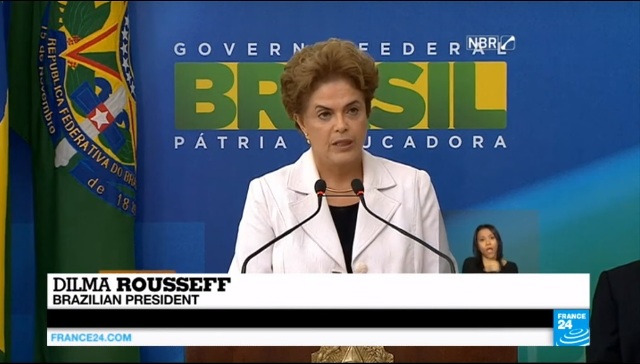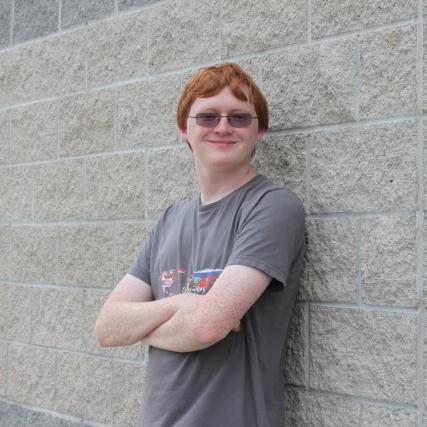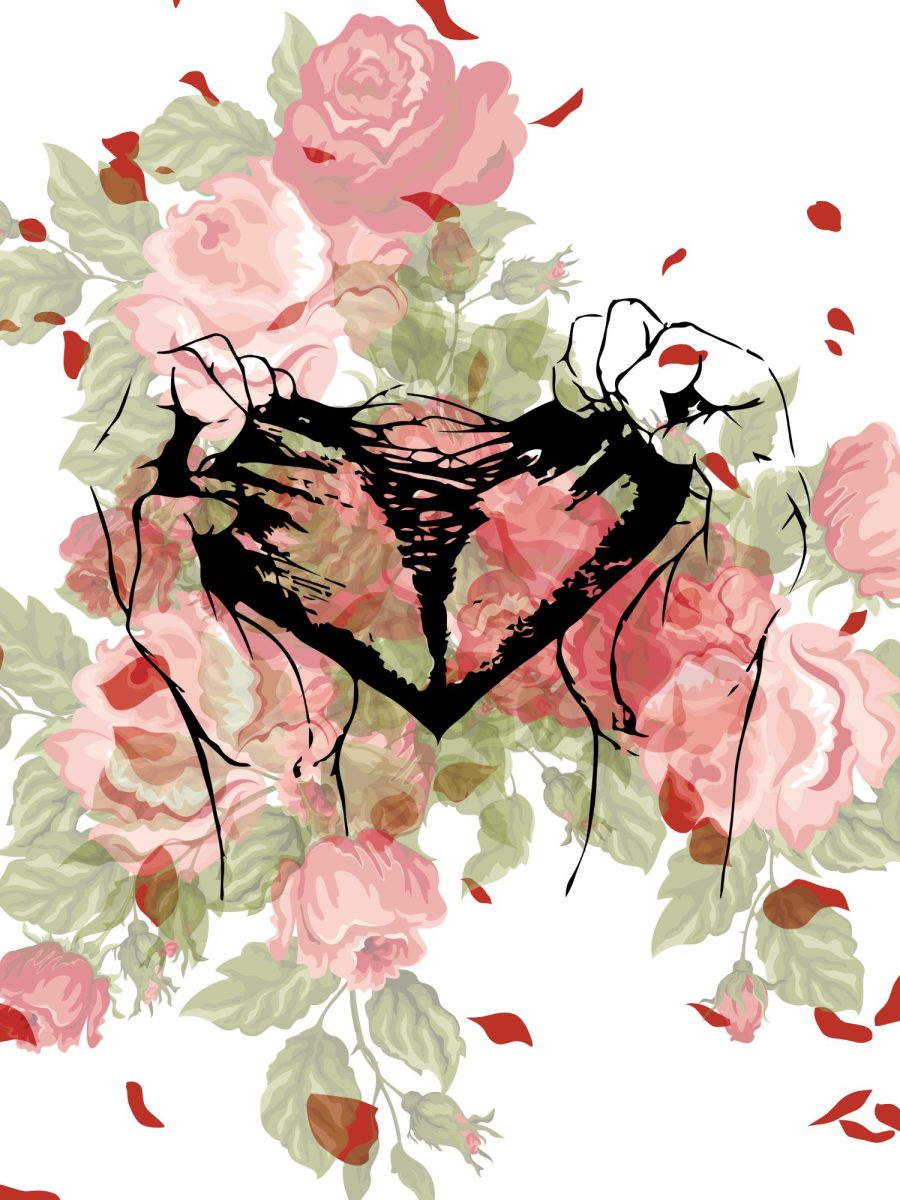Brazilians Protest in Massive Corruption Scandal
Brazilian President Dilma Rousseff has been fighting for her political life against politicians and protesters alike demanding her impeachment, but there is a small group of supporters convinced that the investigation against her is simply an attempt at a coup. These fiercely loyal government supporters are mostly made up of racially mixed working-class people who have benifited from innovative welfare policies implemented by the Workers’ Party which have lifted an estimated 40 million out of poverty.
May 10, 2016
Brazilians are protesting in the streets en masse, calling for President Dilma Rousseff to step down in the fallout of the largest corruption scandal, in terms of dollar amounts, in any democracy ever. The wave of protests came after Rousseff appointed former president Luiz Inacio Lula da Silva, simply known in Brazil as Lula, as chief of staff in order to shield him from prosecution. Lula was detained back on 4 March for questioning, ordered by Judge Sergio Moro, also responsible for the Lava Jato (Car Wash) corruption investigation. In the wake of Lula’s appointment as chief of staff, Moro released taped phone conversations revealing the true purpose of the action.
The scandal has been long-running and involves many of the highest members of the Brazilian government. Prosecutors allege that starting in 2003, construction company executives secretly formed a cartel to overcharge state-owned oil company Petrobras for contracts. These construction executives pocketed enormous sums of money, but not before rewarding Petrobras employees turning a blind eye to the price gouging. These executives also sent some of the money to politicians in the government, either in the form of personal gifts or campaign donations. Since the government owns Petrobras, politicians can install executives of the company who then turn around and reward them with bribes.
The Car Wash investigation has been running for two years now and has led to the arrests of dozens of influential politicians, including Joao Vaccari Neto, the treasurer of the governing Workers’ Party, and Jose Dirceu, chief of staff from 2003 to 2005. The scandal crosses party lines. Brazilian police also raided the home of Eduardo Cunha, member of the opposition and Speaker of the lower house of Congress.
Before the scandal, Lula and the Workers’ Party were both extraordinarily popular. Under the military regime installed after a US-backed coup in 1964, Lula was a union leader who advocated for wage increases that led him into prison. After the dictatorship, Lula was president from 2003 to 2011, where he oversaw a growing economy and falling poverty rate. His successor and former chief of staff, Dilma Rousseff, became president in 2011 and saw a troubled time in office with a deep recession, the Zika virus outbreak, the disastrous preparations for the 2016 Olympics in Rio de Janeiro, and the Petrobras scandal. These factors have soured the reputation of Rousseff and the Workers’ Party in the eyes of Brazilians, 68 percent of whom are in favor of impeaching the president.
Sources:
http://www.bbc.com/news/world-latin-america-35728124 – Lula detained*
http://www.bbc.com/news/world-latin-america-35820671 – Rousseff appoints Lula*
http://www.bbc.com/news/world-latin-america-34318633 – Treasurer*
http://www.bbc.com/news/world-latin-america-33760559 – Dirceu*
http://www.britannica.com/biography/Luiz-Inacio-Lula-da-Silva – Lula*
http://www.britannica.com/place/Brazil/Military-intervention-and-dictatorship – Brazil history*
http://www.britannica.com/biography/Dilma-Rousseff – Rousseff*
http://www.nytimes.com/2016/03/25/world/americas/dilma-rousseff-president-of-brazil-resists-calls-for-her-resignation.html?_r=0 – Impeachment*




